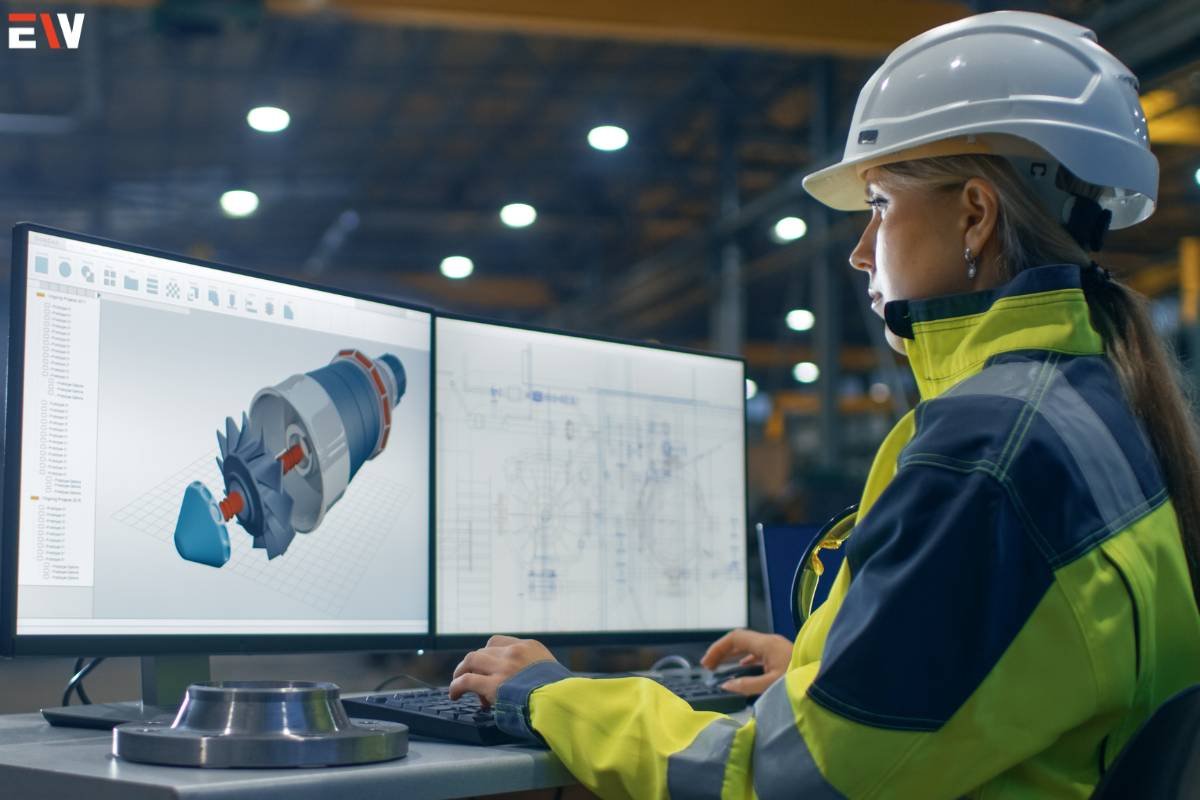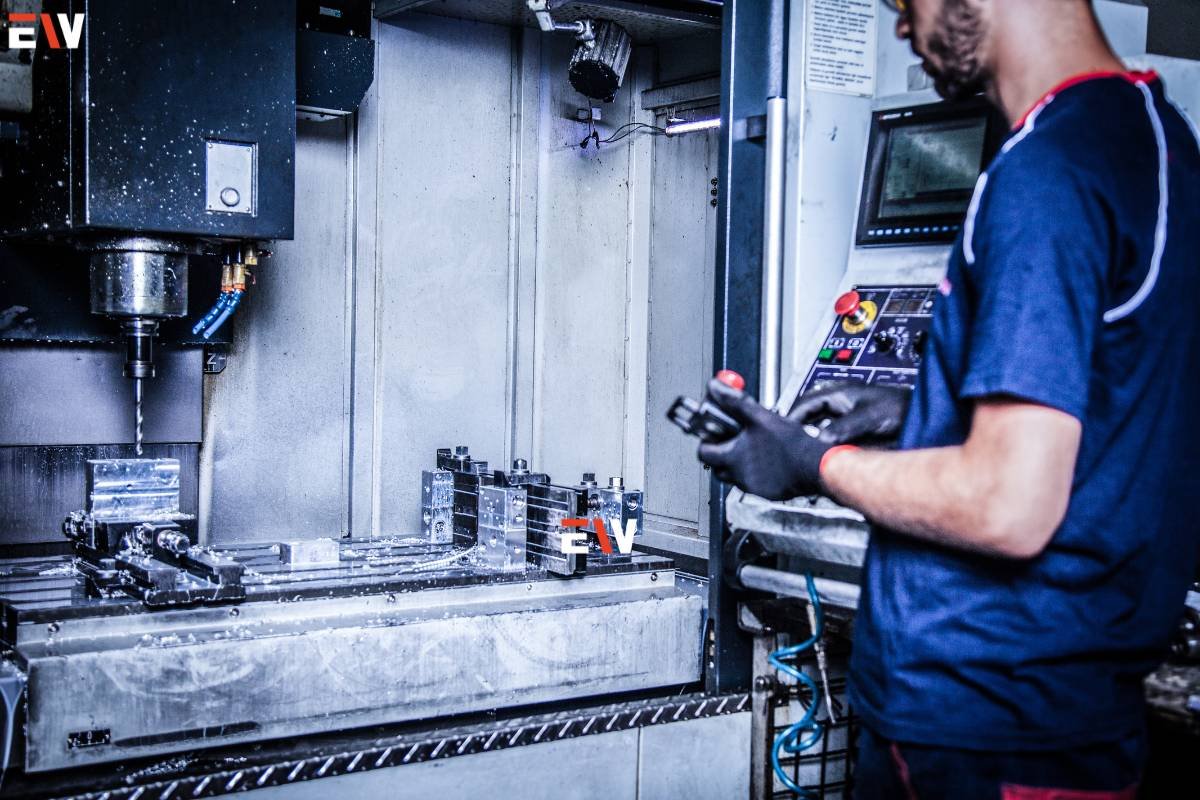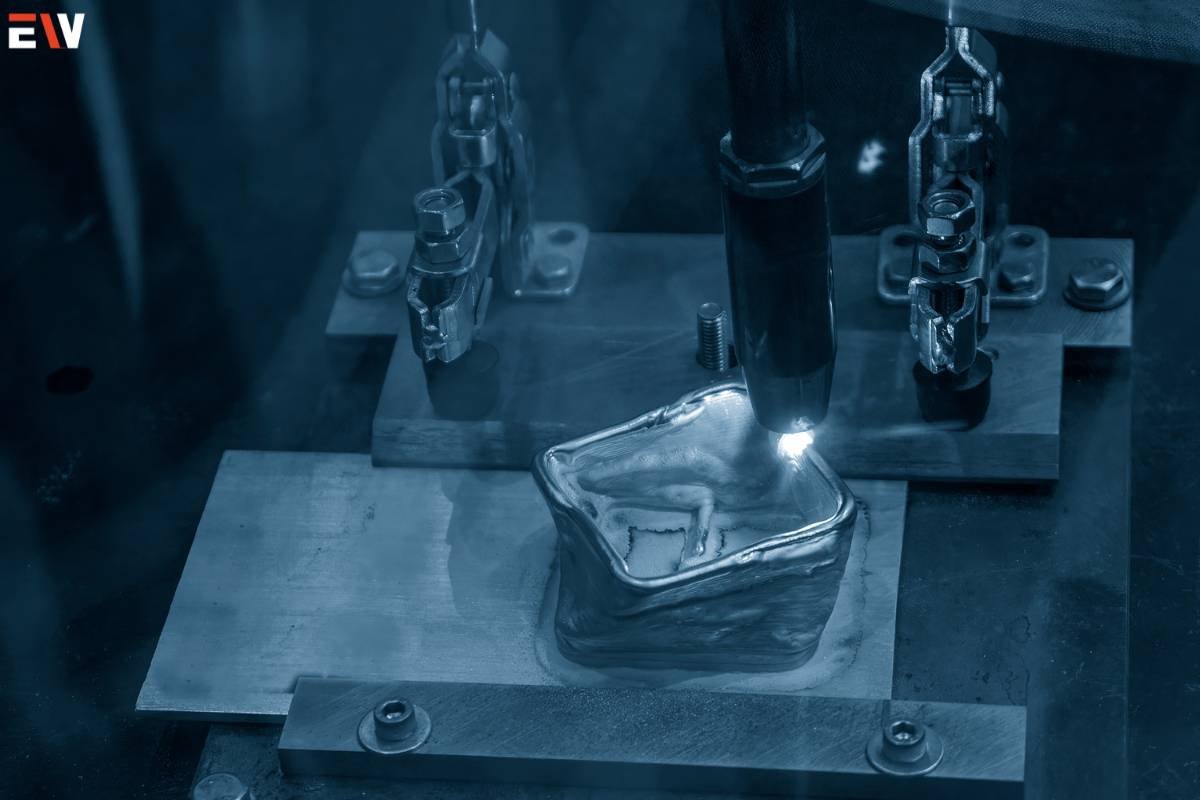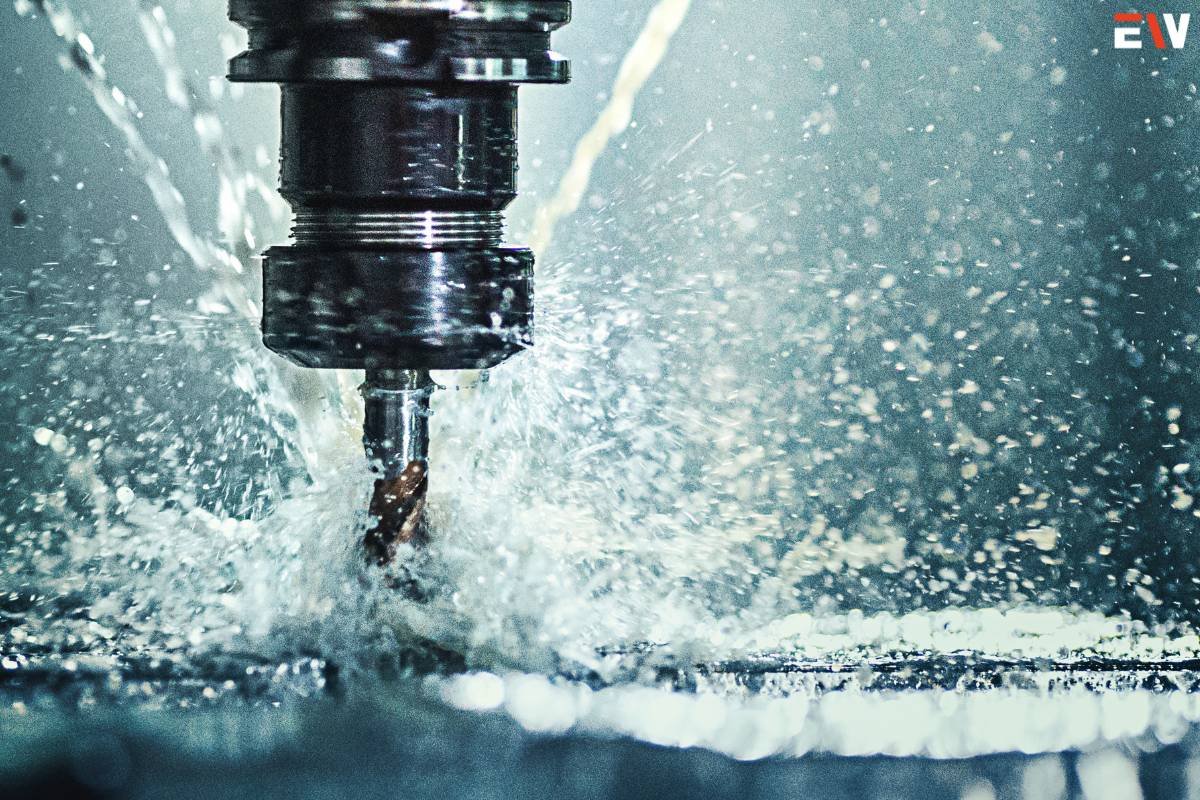Metal CNC machining represents the pinnacle of precision engineering, offering unparalleled accuracy, efficiency, and versatility in the fabrication of metal components and parts. In this comprehensive overview, we delve into the intricacies of metal CNC machining, exploring its technology, applications, benefits, and the future of precision manufacturing.
Understanding Metal CNC Machining
CNC (Computer Numerical Control) machining is a manufacturing process that utilizes computerized controls to automate the operation of machine tools, such as lathes, mills, and routers. Metal CNC machining specifically focuses on the fabrication of metal components, utilizing specialized CNC machines equipped with cutting tools to shape and refine metal workpieces with exceptional precision.
Key Components:
1. CAD (Computer-Aided Design)

The design phase begins with the creation of a digital model of the desired part using CAD software. This digital model serves as the blueprint for the machining process.
2. CAM (Computer-Aided Manufacturing)
CAM software translates the CAD model into instructions for the CNC machine, generating tool paths and specifying machining operations such as milling, drilling, and turning.
3. CNC Machine
The CNC machine executes the programmed instructions, utilizing cutting tools to remove material from the workpiece and create the desired shape and features with high precision.
4. Cutting Tools
Various cutting tools, such as end mills, drills, and inserts, are used to remove material from the workpiece during the machining process. These tools are selected based on factors such as material type, geometry, and surface finish requirements.
What are its Applications?
CNC machining finds wide-ranging applications across industries and sectors, including:
1. Aerospace: Precision components for aircraft, spacecraft, and satellites, such as engine parts, structural components, and avionics.
2. Automotive: Engine components, transmission parts, chassis components, and precision tooling for automotive manufacturing.
3. Medical: Surgical instruments, implants, prosthetics, and medical device components require high precision and biocompatibility.
4. Electronics: Enclosures, heat sinks, connectors, and components for electronic devices and consumer electronics.
5. Industrial Manufacturing: Tooling, fixtures, molds, and production components for various manufacturing processes.
Benefits of Metal CNC Machining

1. Precision and Accuracy
CNC machining offers unparalleled precision and accuracy, with the ability to achieve tight tolerances and intricate geometries that are difficult or impossible to replicate with traditional machining methods.
2. Efficiency and Productivity
CNC machines operate with high speed and efficiency, allowing for rapid production of metal components with minimal downtime and waste. Automated tool changes, material handling, and process monitoring further enhance productivity.
3. Versatility and Flexibility
CNC machining can accommodate a wide range of materials, including metals such as aluminum, steel, titanium, and brass. Moreover, CNC machines are capable of machining complex shapes and features, making them highly versatile for diverse manufacturing applications.
4. Consistency and Repeatability
With CNC machining, each part produced is identical to the next, ensuring consistency and repeatability in quality and performance. This reliability is essential for industries with stringent quality standards and regulatory requirements.
Future Trends in Metal CNC Machining
1. Advanced Materials
As demand grows for lightweight, high-strength materials, such as titanium alloys and composites, metal CNC machining will continue to evolve to accommodate the machining challenges posed by these advanced materials.
2. Additive Manufacturing Integration

The integration of additive manufacturing (3D printing) with CNC machining processes, known as hybrid manufacturing, offers new possibilities for producing complex metal parts with enhanced efficiency and functionality.
3. Smart Manufacturing Technologies
Advancements in automation, robotics, artificial intelligence, and data analytics are transforming CNC machining into a smarter, more interconnected ecosystem, enabling predictive maintenance, real-time monitoring, and optimization of manufacturing processes.
4. Sustainable Practices
With a growing emphasis on sustainability and environmental stewardship, CNC machining will increasingly adopt eco-friendly practices, such as recycling metal chips and coolant, energy-efficient machining processes, and reduction of material waste.
Conclusion
Metal CNC machining stands at the forefront of precision manufacturing, offering unparalleled capabilities, efficiency, and versatility in the fabrication of metal components and parts. From aerospace to automotive, medical to electronics, CNC machining plays a critical role in driving innovation and advancement across industries. As technology continues to evolve and demand for high-quality, custom metal components grows, CNC machining will remain indispensable for delivering precision in motion and shaping the future of manufacturing.










